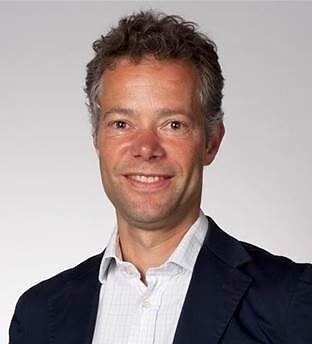[Seminar] Experimental and Translational MRI of Brain Reorganization after Stroke by Professor Rick Dijkhuizen

Date
Location
Description
Abstract:
Functional recovery after stroke may critically depend on reorganization of surviving brain networks. However, it remains incompletely understood to what extent specific modifications in structural and functional connectivity in post-stroke brain contribute to restoration of functions.
Magnetic resonance imaging (MRI) offers a powerful means to assess functional activity and structural integrity of the brain that can be exploited to evaluate the spatiotemporal pattern of changes after stroke in clinical as well as preclinical settings. In recent years, we have applied different MRI methods in rodent stroke models to assess the spatiotemporal pattern of changes in surviving neuronal networks in relation to changes in sensorimotor function. Our data, and those of others, suggest that preservation or restoration of connectivity in surviving networks is critical for functional recovery. Furthermore, the adaptability of functional networks relies on the structural integrity of neuronal pathways, although the relationship between the two remains incompletely understood.
Parallel MRI studies in animal models and patients aimed at identification of key network processes in adaptive brain plasticity can aid in the prediction of functional outcome and the development of therapeutic interventions to support and promote recovery after stroke.
Bio:
Rick Dijkhuizen is professor of Experimental and Translational Neuroimaging, and head of the Biomedical MR Imaging and Spectroscopy group, part of the Center for Image Sciences, at the University Medical Center Utrecht (The Netherlands). His research focuses on multiparametric imaging of brain structure and function in health and disease, with particular emphasis on i) development of tools for improved diagnosis of brain pathophysiology, ii) characterization of neural network (re)organization, and iii) monitoring of neuroprotective and -restorative therapies. He has been particularly involved in preclinical MRI studies to get improved insights in stroke pathophysiology and recovery. He collaborates with various national and international institutions on topics such as stroke recovery, brain repair and functional imaging.
Intra-Group Category
Subscribe to the OIST Calendar: Right-click to download, then open in your calendar application.



